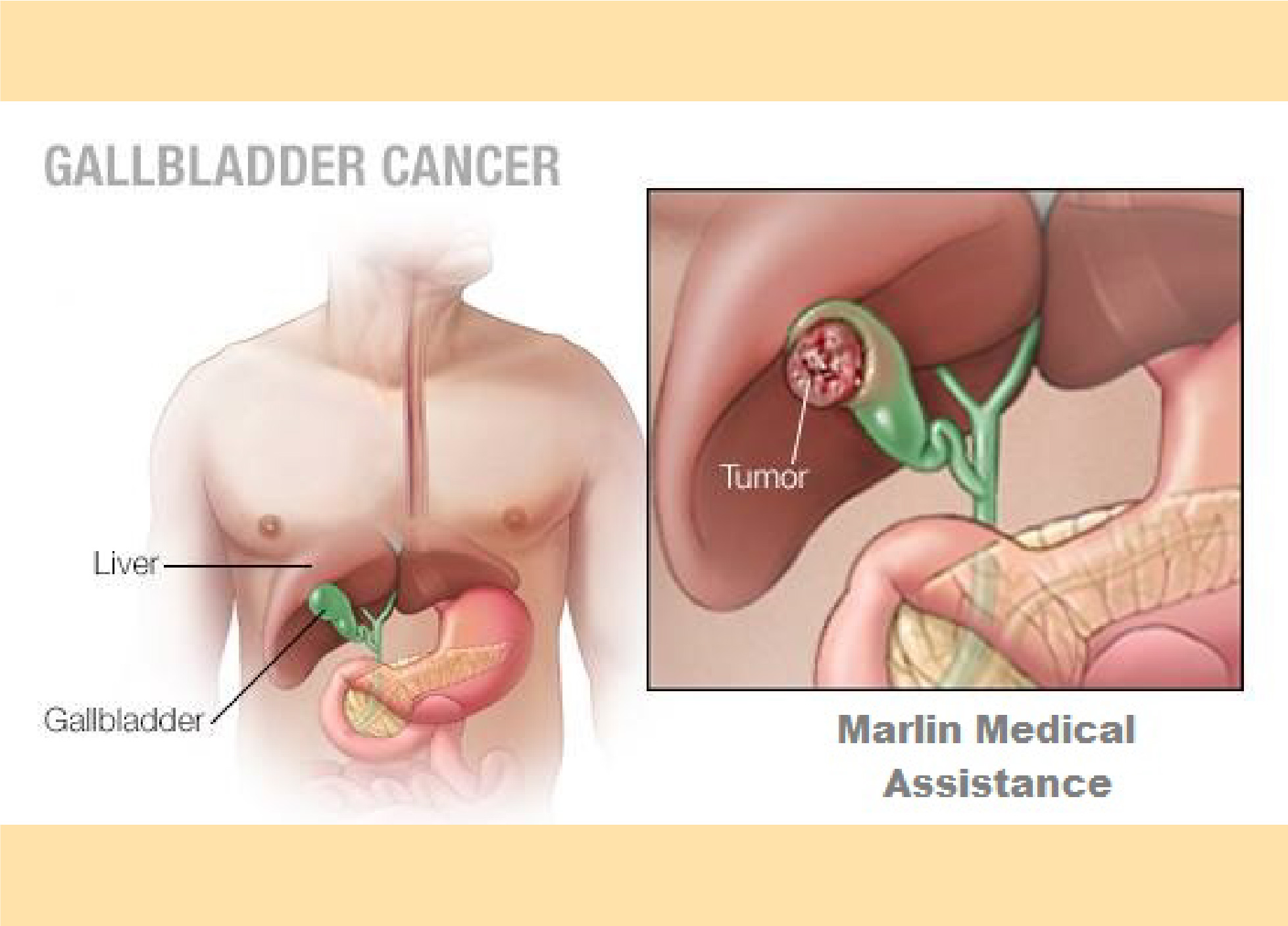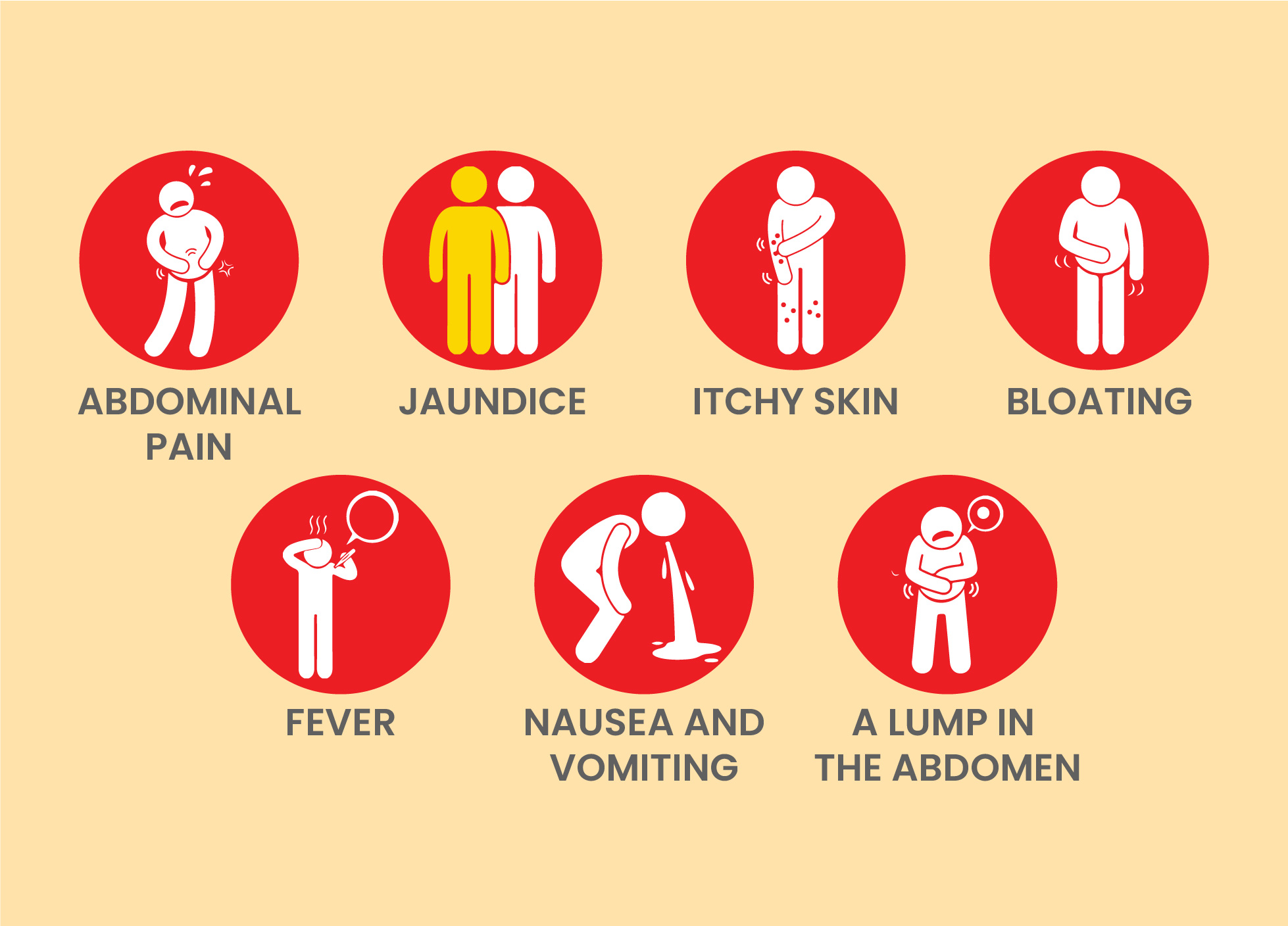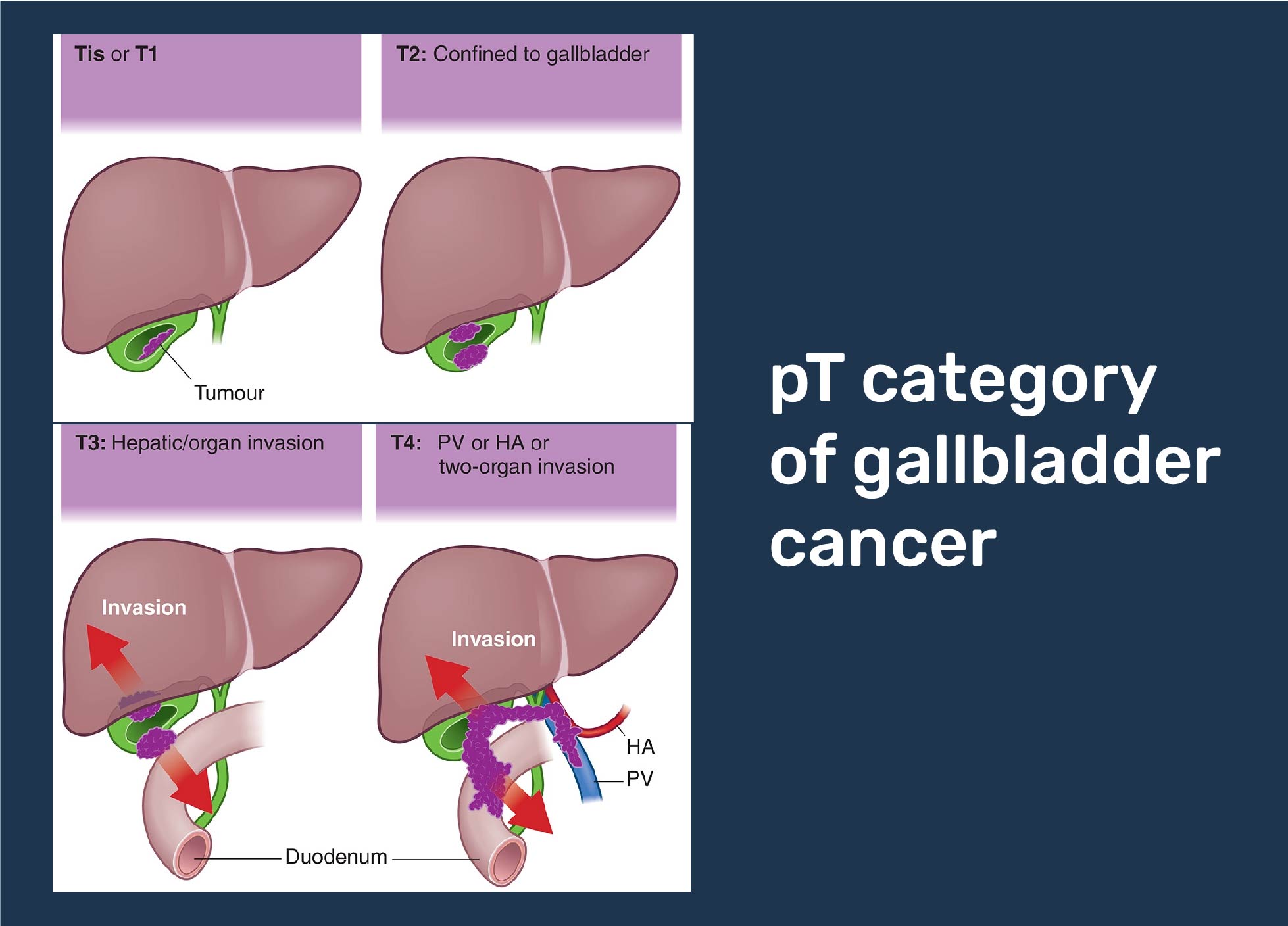Gall Bladder Cancer Treatment in Delhi
Gall bladders are small organs that aid digestion. Gallbladder cancer tumors can appear anywhere in the gallbladder. Gallbladder cancer's location, size, spread, and general health determine what kind will be best for you.
Why should you consult Dr. Priya Tiwari for gall bladder cancer treatment in Delhi?
Priya Tiwari is one of the most highly regarded cancer specialists in Delhi. She has years of experience in knowledge not provide you with the most effective gallbladder cancer treatment. She will provide personalized treatment depending on your age, cancer stage, and health condition.

How does gall bladder cancer occur?
Gallbladder cancer may develop when healthy gallbladder cells develop DNA mutations. The accumulating cells form a tumor, which can spread to other body organs in addition to the gallbladder. Adenocarcinoma is the medical term for the type of gallbladder cancer that develops in such cells.
What are the causes and symptoms of gall bladder cancer?
What specifically causes gallbladder cancer is unclear. Some factors have been linked to gallbladder cancer.

Gallbladder cancer symptoms could be nonexistent or difficult to detect. Gallbladder cancer signs and symptoms include:
Is gall bladder cancer curable?
Yes, it is possible to treat gallbladder cancer, but only if it has not spread outside the gallbladder. By examining survival rates, one can establish the proportion of people with the same type and stage of cancer who are still living five years (or more) after their diagnosis. While they can't predict how long you'll survive, they might be able to assist you in better grasping the likelihood that your therapy will be effective.
Which is the best- Chemo, Targeted, or Immunotherapy for treating gall bladder cancer?
For use in patients with locally advanced or metastatic biliary tract cancer, including those with bile duct cancer and gallbladder cancer, who were also taking the chemotherapy drugs gemcitabine and cisplatin, the FDA authorized durvalumab (Imfinzi) in 2022. A form of Immunotherapy known as an immune checkpoint inhibitor is durvalumab. A protein known as an immunological checkpoint can prevent the body's immune system from attacking cancer cells. Durvalumab functions by concentrating on and shutting down the immunological checkpoint PD-1, enabling the immune system to locate and destroy cancer cells.

Does gallbladder cancer spread quickly?
Gallbladder cancer can grow rapidly and spreads very quickly from the liver to distant organs, such as bone, bone marrow, or pancreas. While gallbladder cancer may begin as a noncancerous condition called dysplasia, it usually progresses rapidly over 5–15 years to invasive cancer.
Most cancers spread to and through lymph nodes before spreading throughout the liver. Gallbladder cancer is rare cancer that develops from the cells lining the bile ducts. Therefore, it is important to evaluate patients with symptoms such as pain, colicky pain, nausea, or vomiting shortly after eating. Although it’s incredibly rare, about five percent of B-cell lymphoma develops into non-Hodgkin lymphoma and spreads rapidly.
What are the stages of gallbladder cancer?
Gallbladder cancer has four main stages. Stage I Gallbladder Cancer is a tumor that has spread to the outer bile ducts and lymph nodes. Stages II, III, and IV are cancer stages. There is no staging tool for stage I gallbladder cancer because it is in the gallbladder only. In stages II and III, you have cancer not only in the gallbladder but also in the perimuscular connective tissue – take care of those parts of your body by eating a healthy diet and exercising regularly.
If you experience gallbladder cancer symptoms, you might seek treatment in Delhi. Accurate staging and diagnosis of gallbladder cancer are made possible by modern technology. Patients with gallbladder cancer receive tailored care from Delhi's leading cancer management teams.


Who is most likely to get gallbladder cancer?
Older persons are more likely to have gallbladder cancer. Gallbladder cancer affects about 20% of adults under 60. Alcohol use is the most common risk factor for gallbladder cancer. The causes of gallbladder cancer can be divided into those that occur in people who have never had a history of alcohol use and those where the person has been drinking heavily for a long time.
Young adults with gallbladder cancer are often men who get it after heavy alcohol consumption, and they usually have a history of ulcerative colitis or Crohn's disease. Young women with gallbladder cancer are likelier to be female smokers with a family history of the disease.
Can you see gallbladder cancer on an ultrasound?
Gallbladder cancer usually doesn't appear on an imaging exam. This type of cancer is diagnosed with an X-ray or a diagnostic ultrasound in the doctor's office. The only way to know if someone has gallbladder cancer is if they have had symptoms, such as pain and nausea, which are often caused by the disease.
Gallbladder cancer is often hard to detect if you don’t have symptoms. Certain conditions may cause symptoms such as acute pain, bloating, or tenderness in the shoulder region. However, if you feel a lump, it is likely due to gallbladder cancer. Are you looking for treatment in Delhi for gallbladder cancer? For advanced cancer treatment, you can consult DR. Priya Tiwari.


What foods help with gallbladder cancer?
The gallbladder is a small organ responsible for storing bile, which helps break down fats. Gallbladder cancer is characterized by an overgrowth of cells that develop in the gallbladder. The following foods may help support your gallbladder health if you have gallbladder cancer:
The health of your gallbladder may generally be supported by consuming a balanced diet rich in fresh fruits and vegetables, whole grains (such as whole-wheat bread, oats, brown rice, and bran cereal), lean meat, chicken, and fish. Dairy products with little fat are also advised because of their high acid content.
